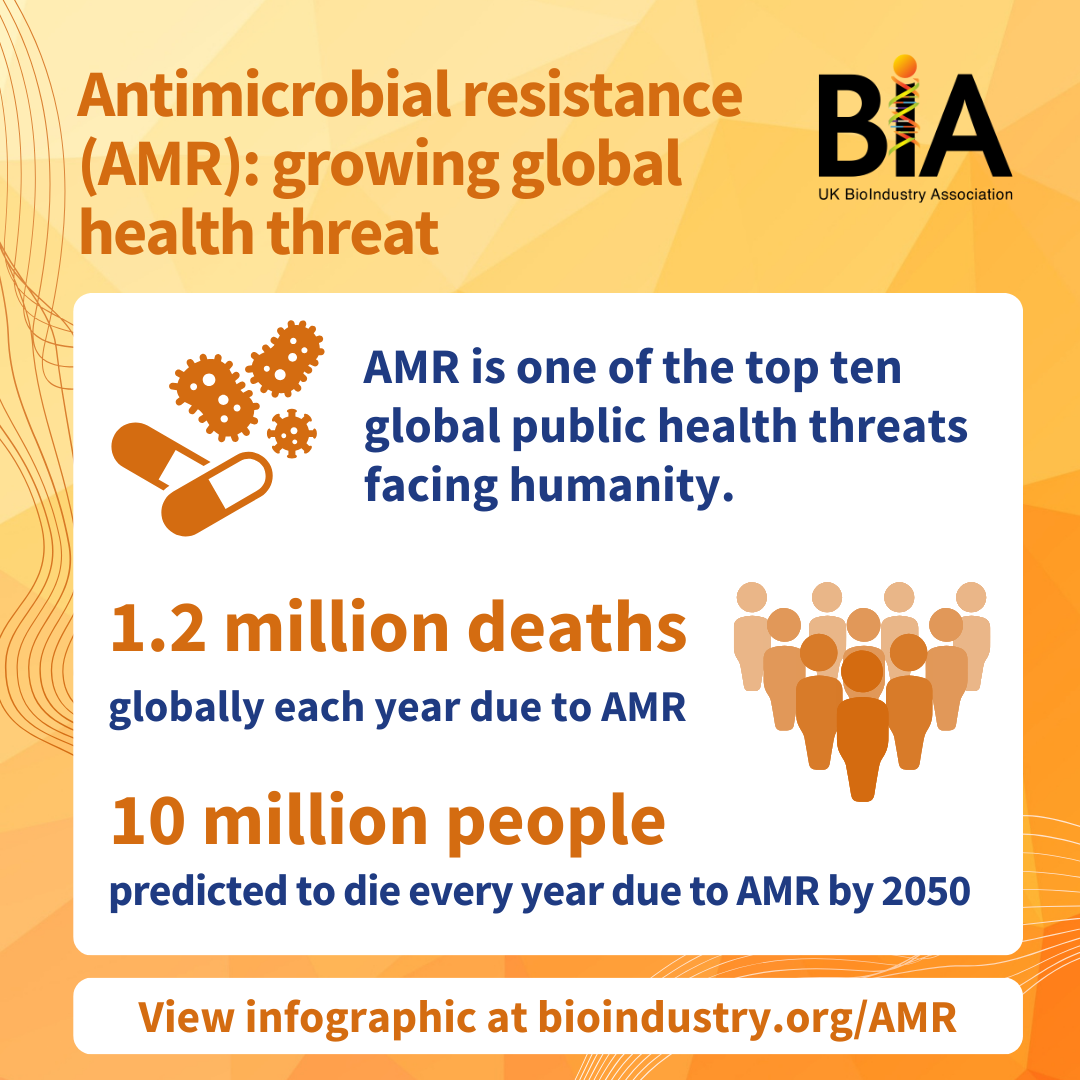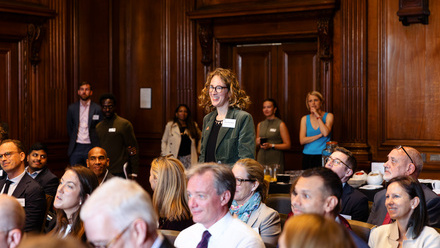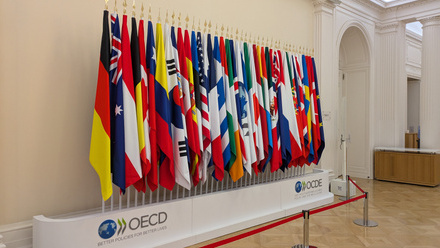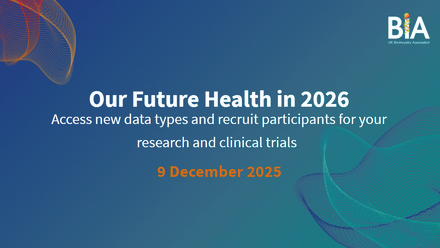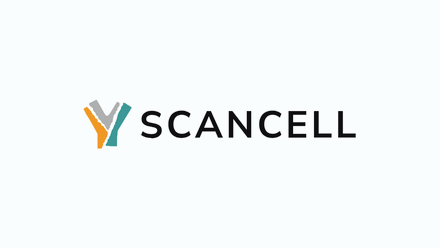CEO Update - 13 May 2024
Deaf child hears thanks to gene therapy trial
It was wonderful to celebrate with RNID, our charity partner of the year, the news that pioneering gene therapy has restored a UK girl's hearing. The Regeneron-sponsored trial is ongoing and the UK site is Addenbrookes Hospital in Cambridge. The therapy is for a rare form of genetic deafness (~20,000 people in Europe and the USA) caused by a fault in the OTOF gene, which produces a protein called otoferlin. So, although it won’t help all forms of childhood deafness, the know-how and technology being demonstrated in the trial opens the door for therapies to be developed targeting other forms of genetic deafness in the future. It’s also a reminder that the UK is a world leader when it comes to cell and gene therapy and can deliver pioneering trial results in the NHS to benefit patients.
Results of BIO survey - US reliant on Chinese manufacturing
BIO in the USA released the initial results of its member survey as a result of the BIOSECURE Act. The survey found that of 124 biopharma companies, 79% have at least one contract or product with a China-based or China-owned CDMO/CMO, and they’ll need up to eight years to switch manufacturing partners - or millions of patients could be affected.
John F. Crowley, BIO President & CEO, said: “As we advance toward strengthening the resilience of our biomanufacturing industry in the United States, we need as well to ensure an uninterrupted pathway to patient access to life-saving therapies for the millions of patients impacted. As we redomicile manufacturing in this country, we will work closely with Congress to pursue a comprehensive set of policies and long-term commitments to increase state-of-the-art domestic biomanufacturing capacity and capabilities nationwide and retain our position as the medicine chest to the world.”
This is an issue I will continue to monitor closely and I am interested to discover if UK biotechs are in a similar position to US colleagues.
MHRA Introducing AI-Airlock, a new regulatory sandbox for AI medical devices
On 9 May, the MHRA launched the AI Airlock which will help the agency to identify and address the challenges for regulating AI medical devices (AIaMD). The MHRA has seen a marked increase in innovative devices entering the UK market, particularly AIaMD and digital technologies using AI, which may be on the borderline of the scope of medical device regulations. Such products have the potential to revolutionise the healthcare landscape, maintain the UK as a home of cutting-edge research and provide improved ways to address patient and public needs.
The difference between the AI Airlock and other regulatory sandboxes is the need for collaboration, bringing together expertise from within the MHRA and key partners including the UK Approved Bodies and the NHS. The MHRA will be holding a webinar for innovators and developers on 5 June 2024 to provide further information and answer questions. This will be followed by a call for applications, and 4-6 will be selected for the pilot project.
AMR action plan and webinar link
AstraZeneca COVID-19 vaccine is being withdrawn worldwide
Last week’s announcement that AstraZeneca would no longer market its COVID-19 vaccine brings an end to one of the century’s most remarkable medical stories. Created, manufactured and tested in the UK within a year of the arrival of the pandemic, with BIA members at the heart of its development and deployment, the AZ vaccine was cheap, easily stored and transported, and helped stave off humanitarian crises in Asia and Latin America, where many countries could not afford the more expensive mRNA vaccines that were being snapped up by rich western nations. It is estimated that it saved 6.3 million lives in 2021, a fact for which we must remain forever proud. This award-winning Channel 4 documentary captures lots of the elements of what the Vaccine Taskforce actually did and is an uplifting watch.
Women in Biotech
Last Thursday, 9 May, we hosted a Women in Biotech event at Scale Space. Attendees enjoyed networking before a panel discussion featuring four inspiring female entrepreneurs: Stiliyana Minkovska, Founder, Matrix Health & Care, Louise Skajem, Co-Founder, Resting Reef, Elena Rueda Carrasco, Co-founder & CEO, Dama Health, and Leigh Brody, Investment Manager, AlbionVC, moderated by Olivia Cavlan, Chief Corporate Development and Strategy Officer, Alchemab Therapeutics.
The discussion centred on the role of universities in aiding young entrepreneurs to access funding. The speakers highlighted STEM students’ lack of education on finance and funding, making programmes such as WE Innovate by Imperial Enterprise Lab crucial for young entrepreneurs. Drawing from her experience as an investment manager, Leigh proposed innovative ways universities could support young entrepreneurs in accessing funding. Meanwhile, Louise underscored the significance of capital grants and non-dilutive funding alternatives for early-stage ventures.
Speakers also addressed topics such as why we need more female entrepreneurs and the supportive role of university initiatives. If you missed this event, join us for upcoming Women in Biotech events.

